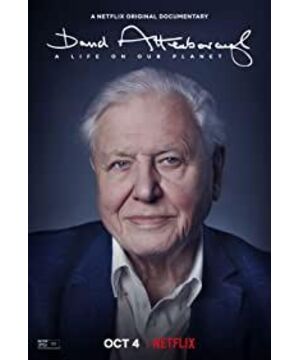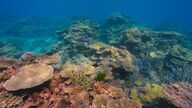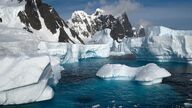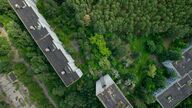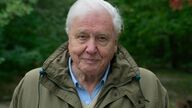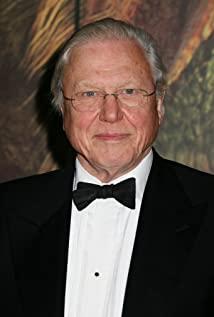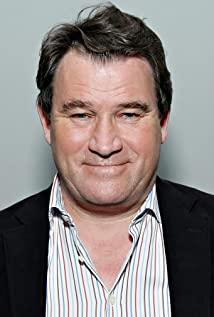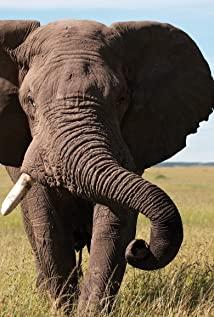The 93-year-old David Attenborough may be the most wilderness on this planet in the world, and he has recorded the diversity and wonders of the biological world. For many years, he has observed and recorded the wonders of the natural world from the perspective of a third party, and narrated. But this time he decided to be the protagonist himself, because what he wanted to introduce to everyone was human beings, a species that was already above the natural laws of this planet. With the rapid development of human science and technology, the squandering of natural resources and the destruction of the environment. With the gradual exhaustion of non-renewable resources and the rapid extinction of natural species, the foundation for human survival will also be exhausted. In 1937, when David Attenborough was 10 years old, the world's population was only 2.3 billion, and 66% of the wilderness was left on the earth. By 2020, the population has increased to 7.8 billion, leaving 35% of the wilderness. Will Chernobyl, abandoned by mankind because of the nuclear accident, become a microcosm of the future of the earth? This 93-year-old old man who should have retired a long time ago is still running around for this, hoping that more humans can realize the seriousness of the problem, and change the way of energy acquisition and consumption, diet and lifestyle, etc. Activities become more sustainable. At the same time, the reduction of human damage will also give nature the possibility of self-healing. Humans are undoubtedly the smartest species on the planet, but does this species have enough wisdom to save itself? After all, if there is a species of human beings, the earth will continue to exist.
View more about David Attenborough: A Life on Our Planet reviews


